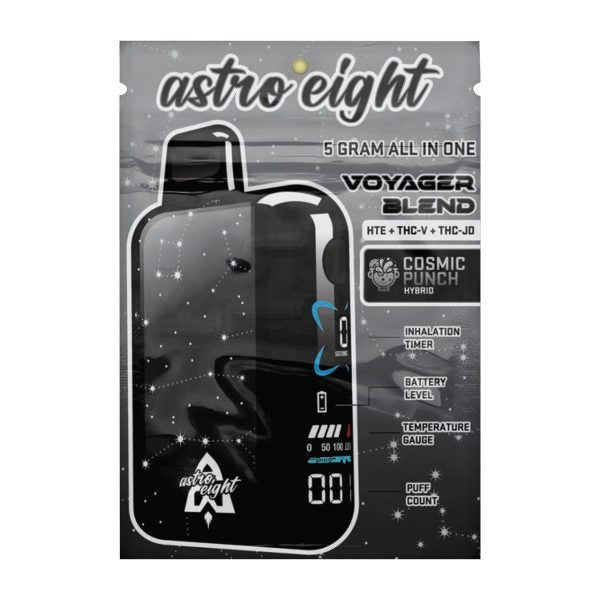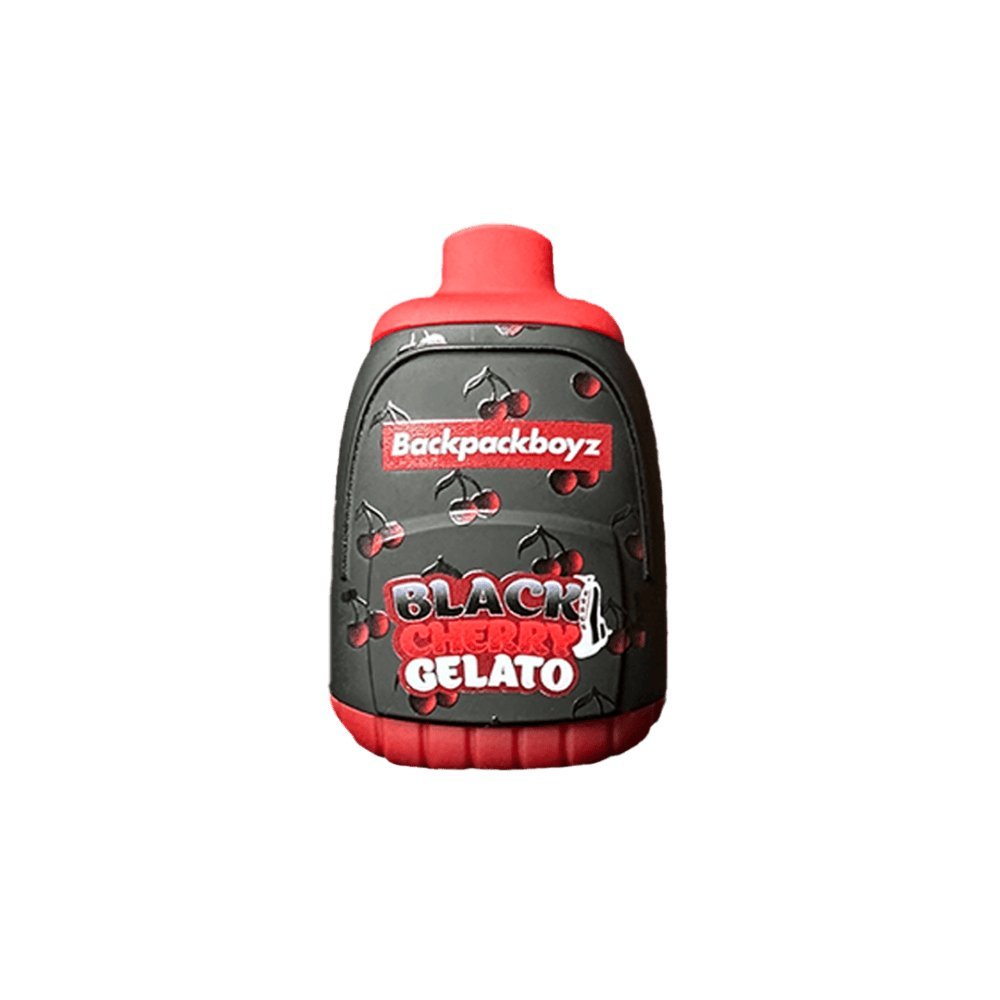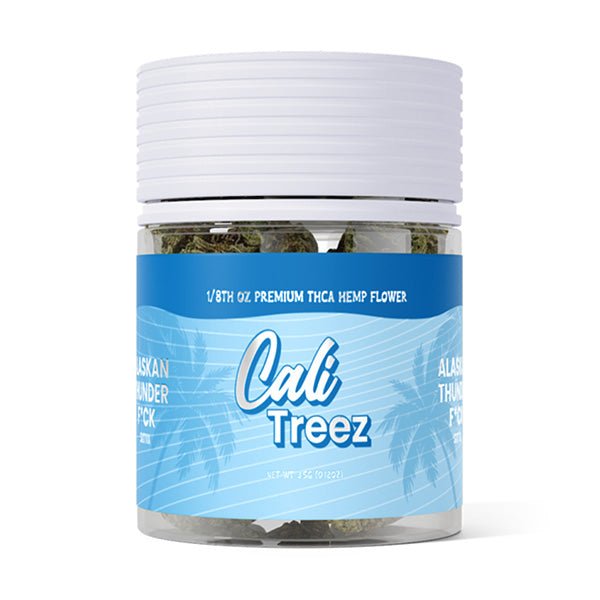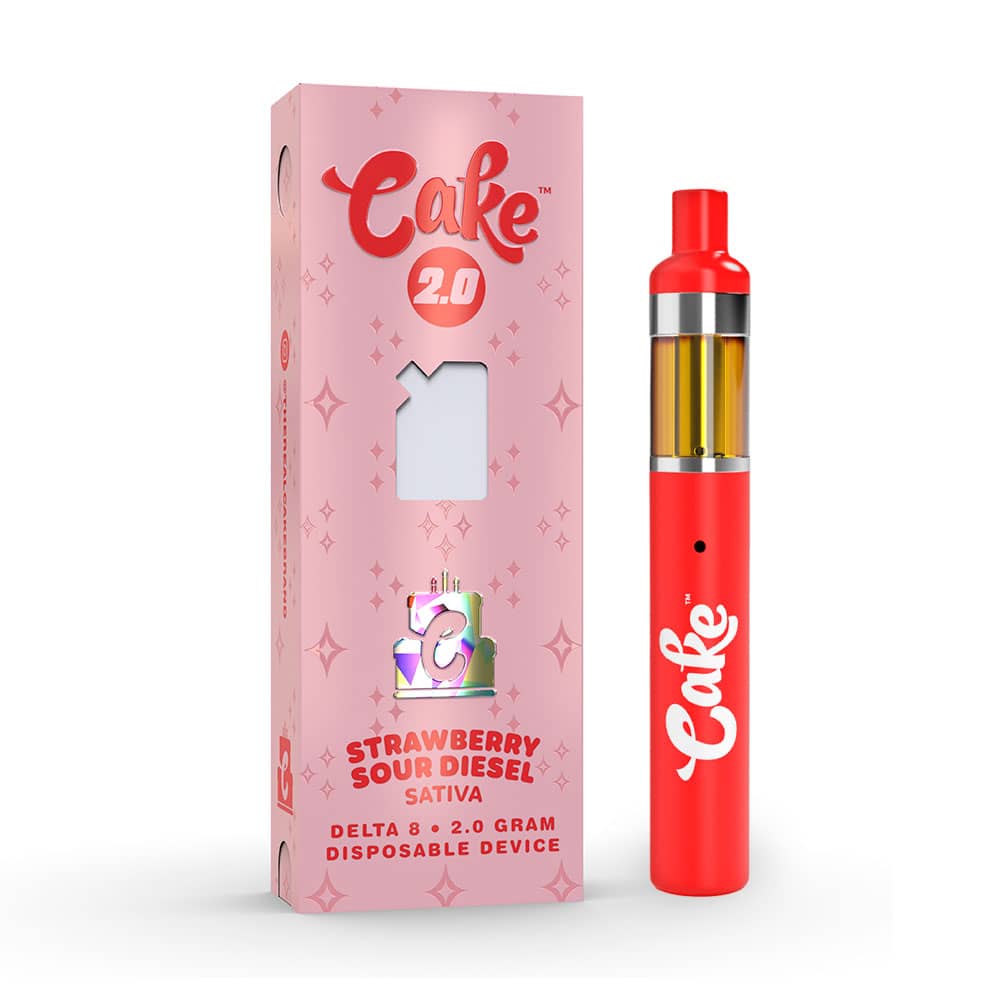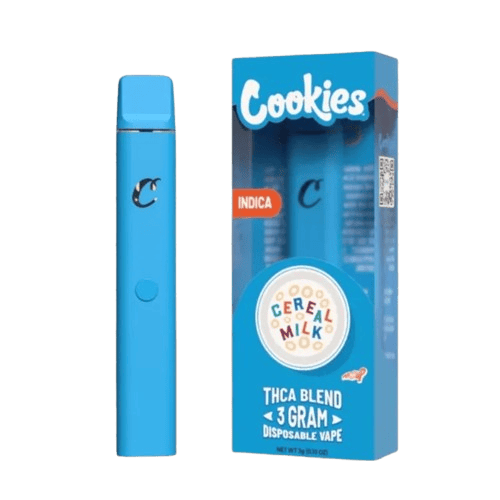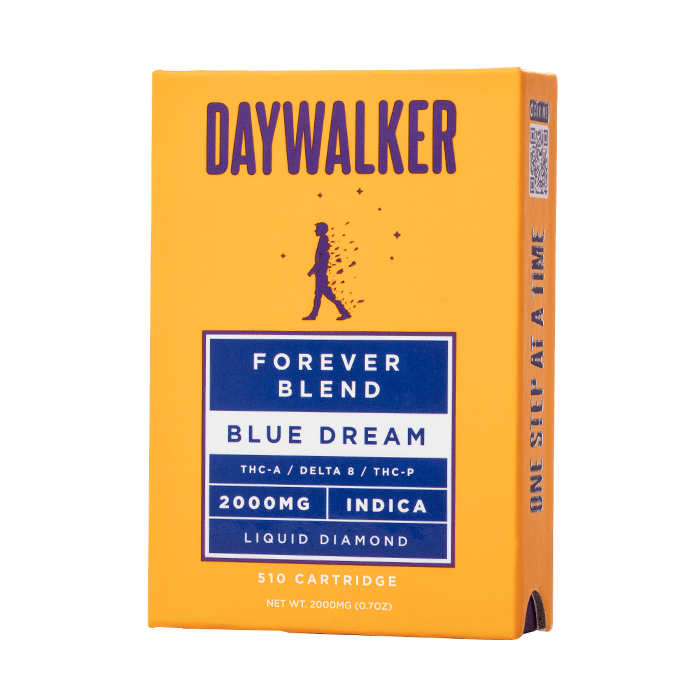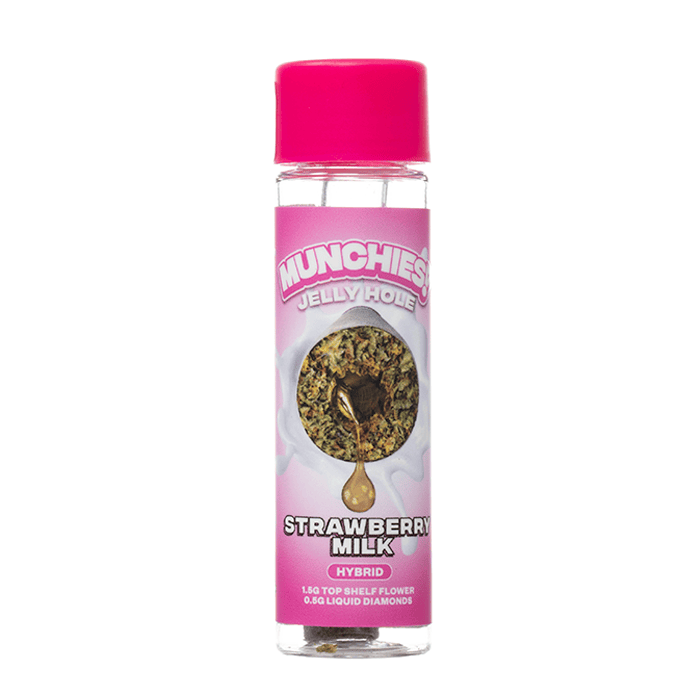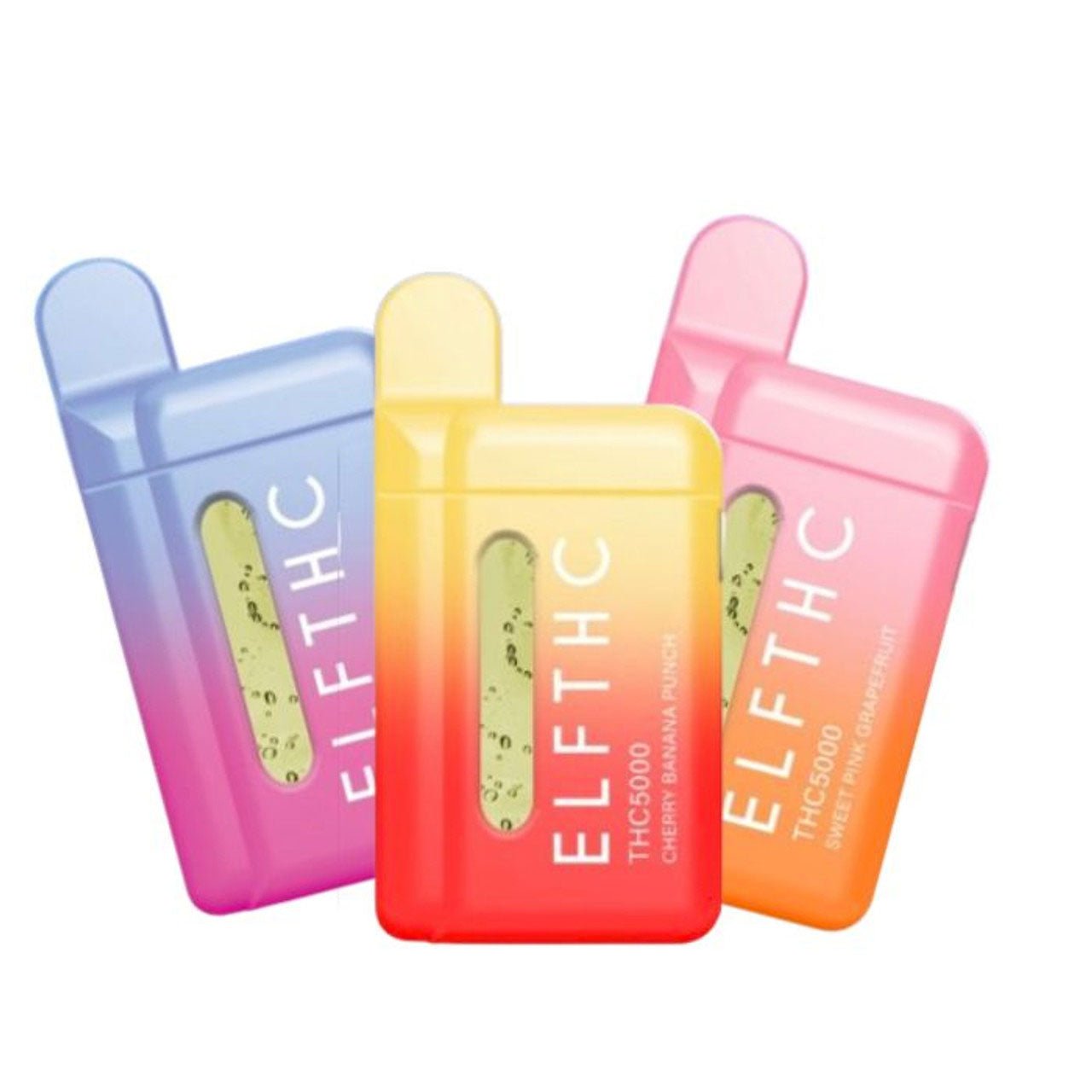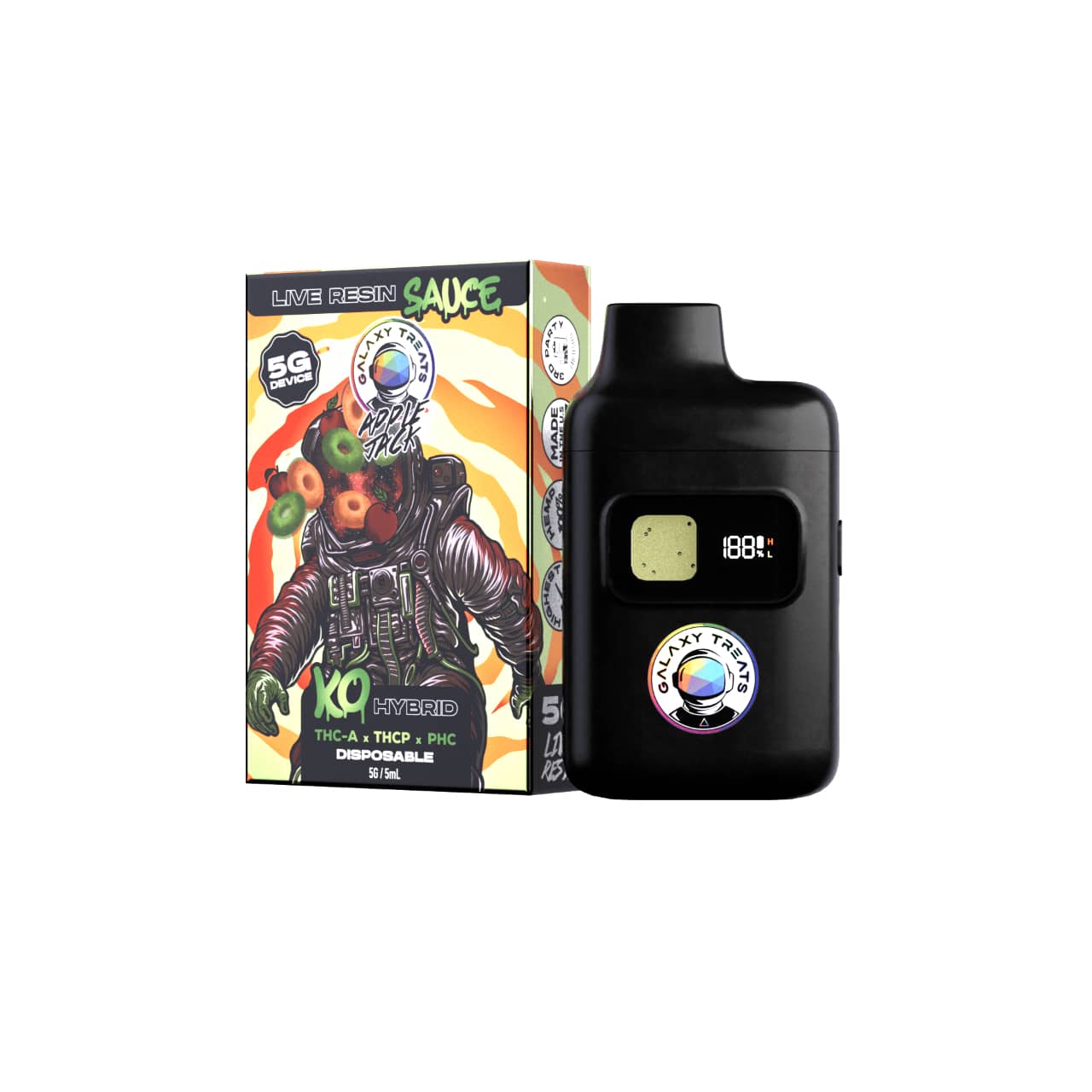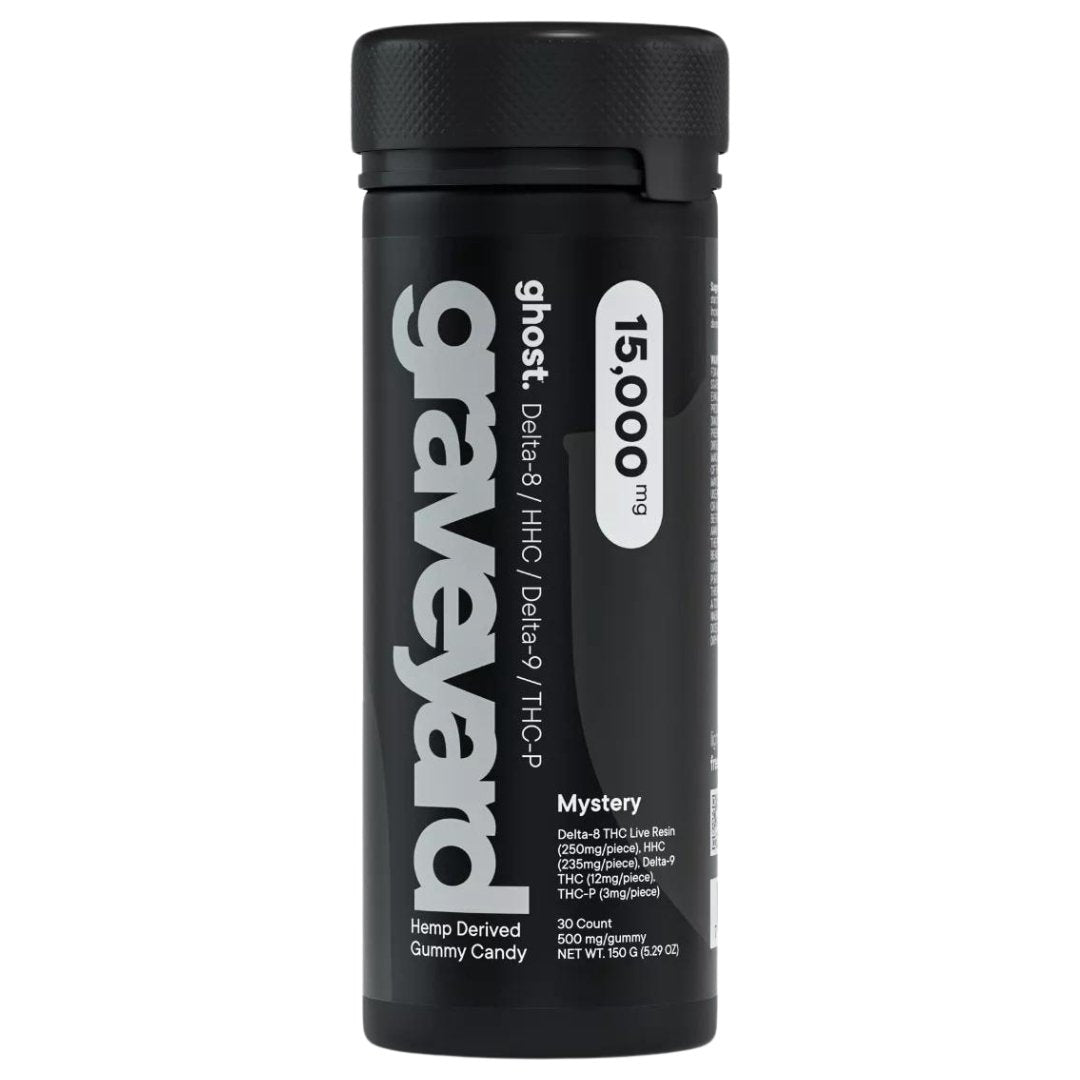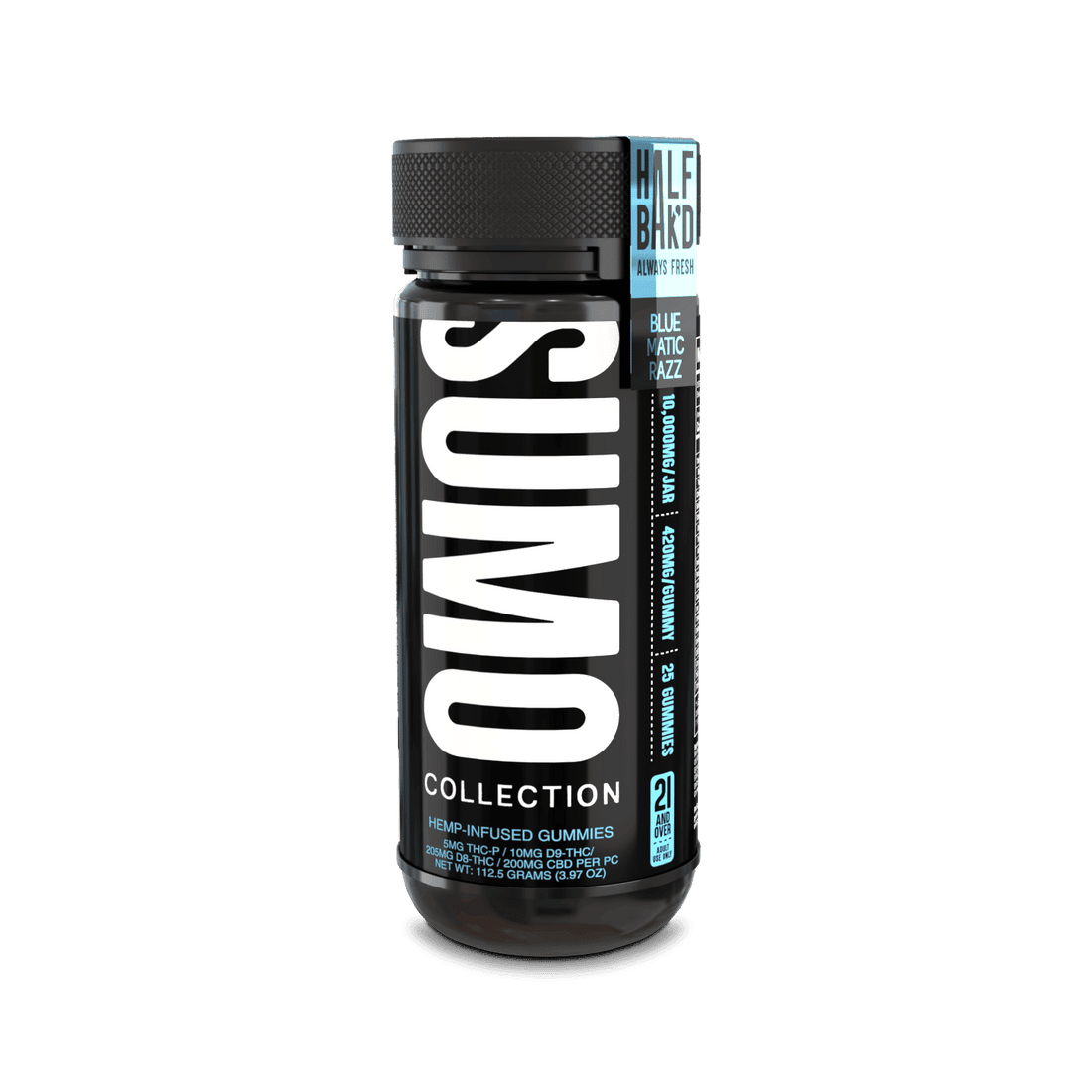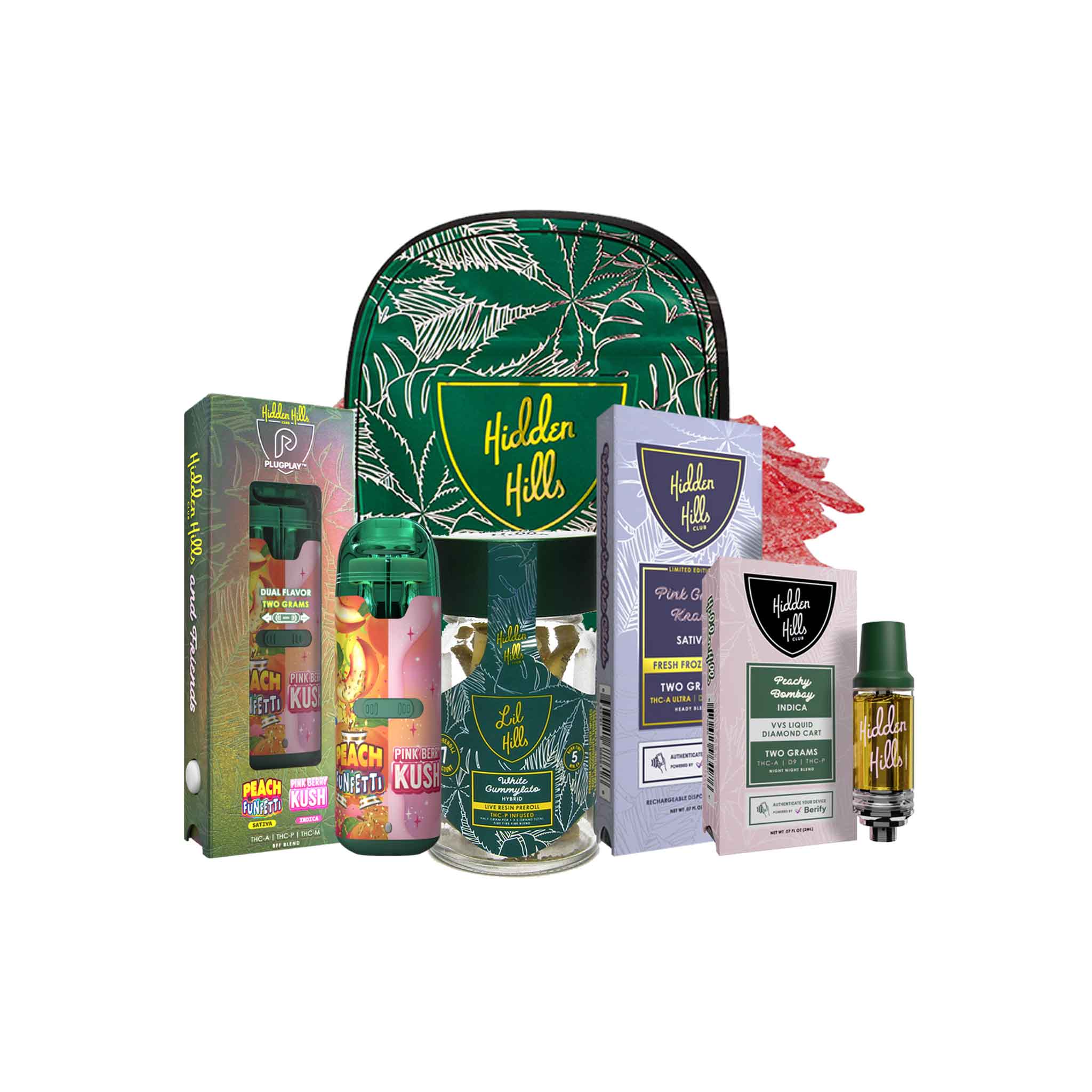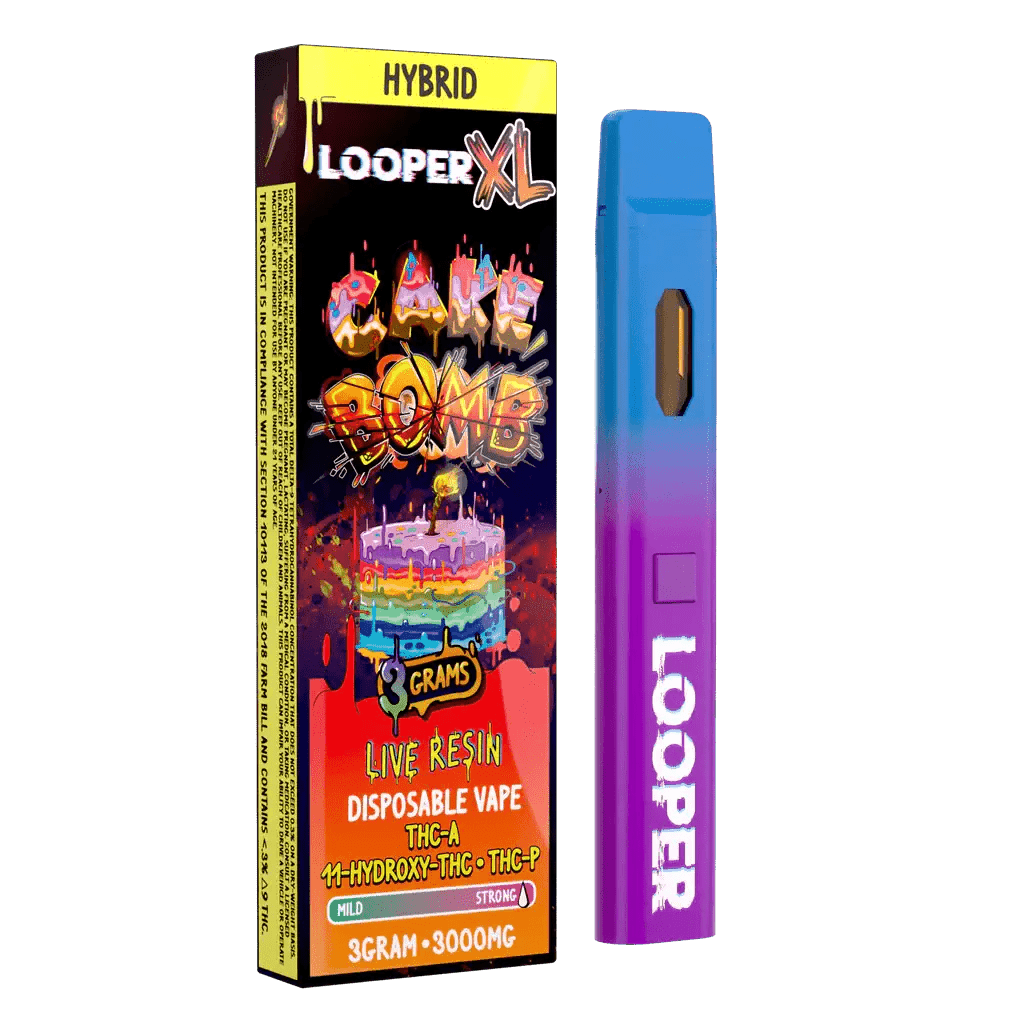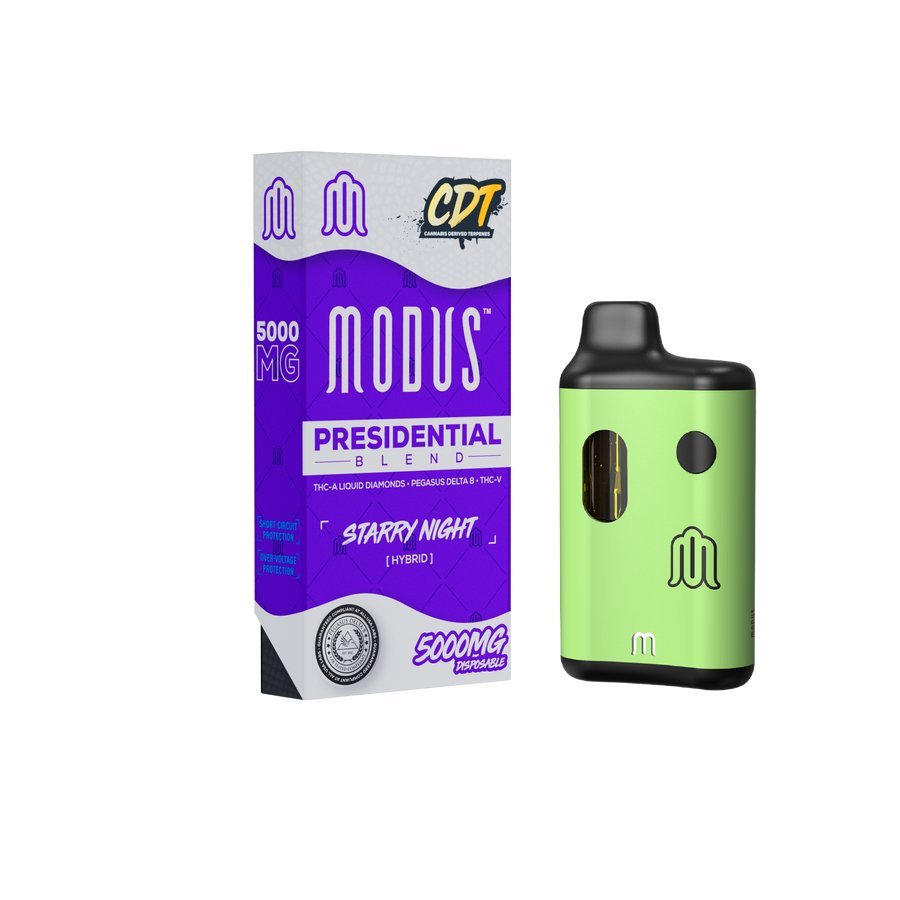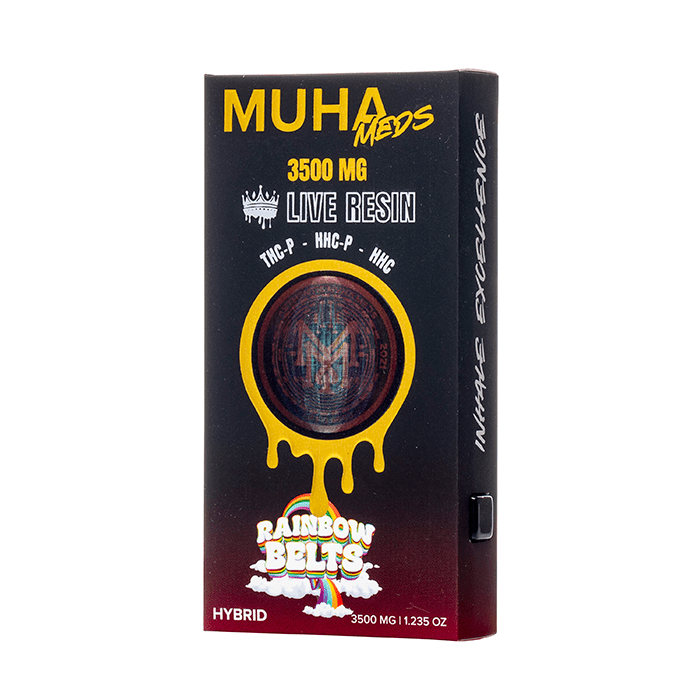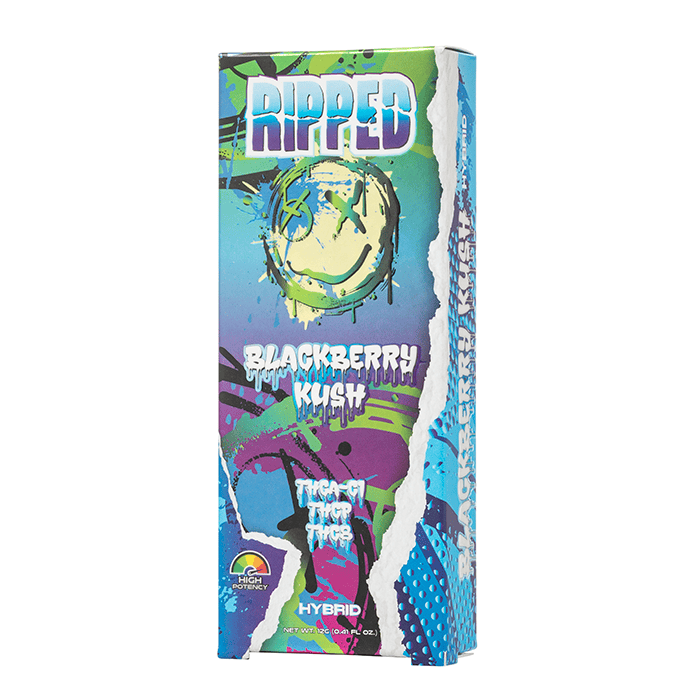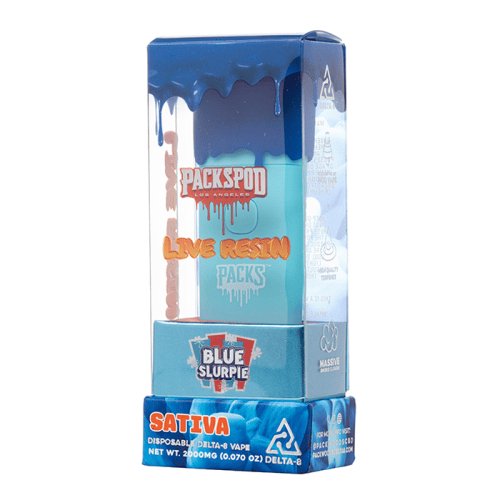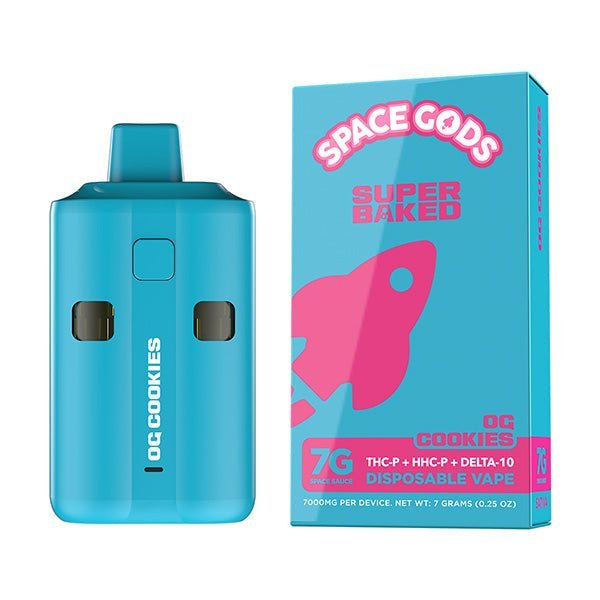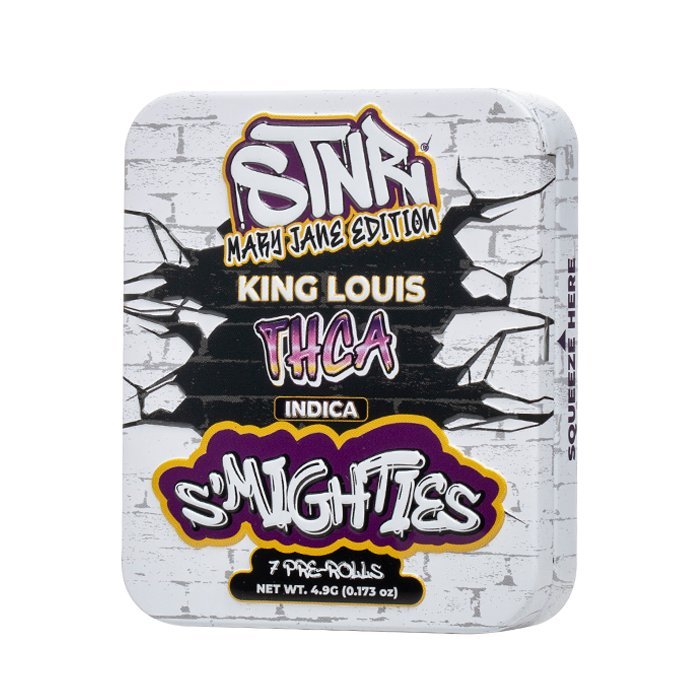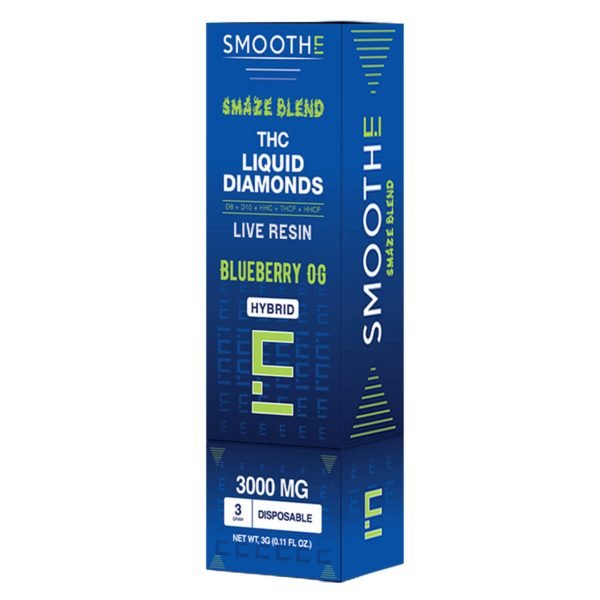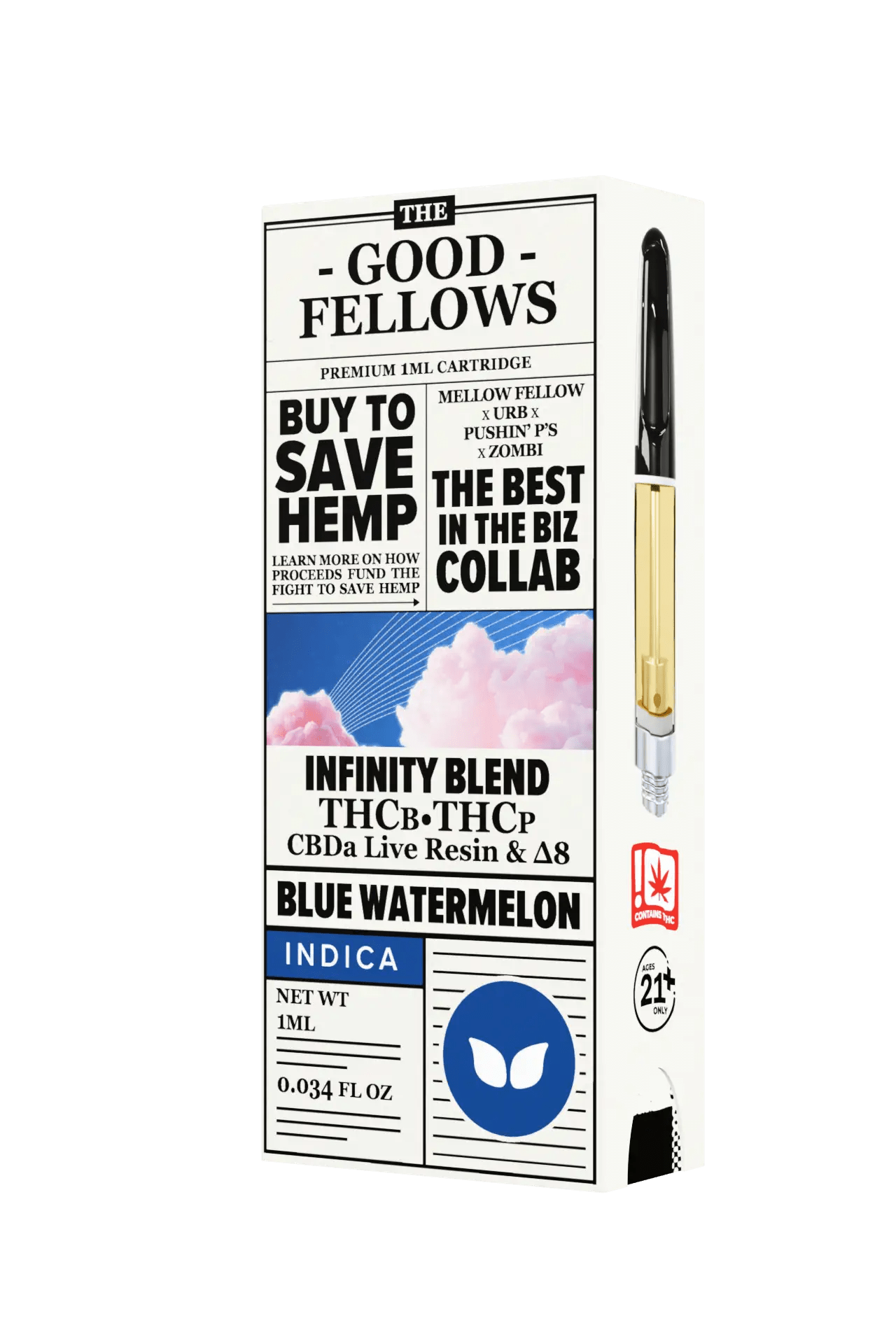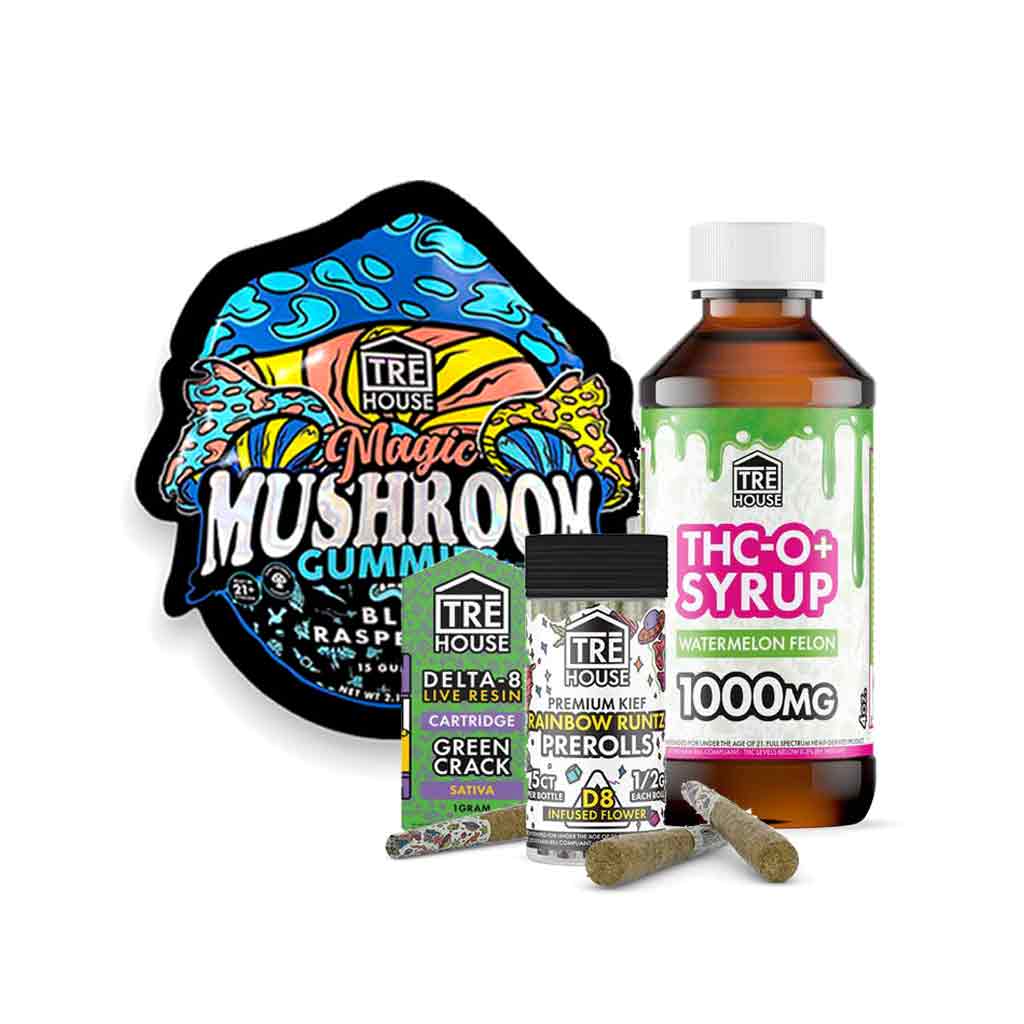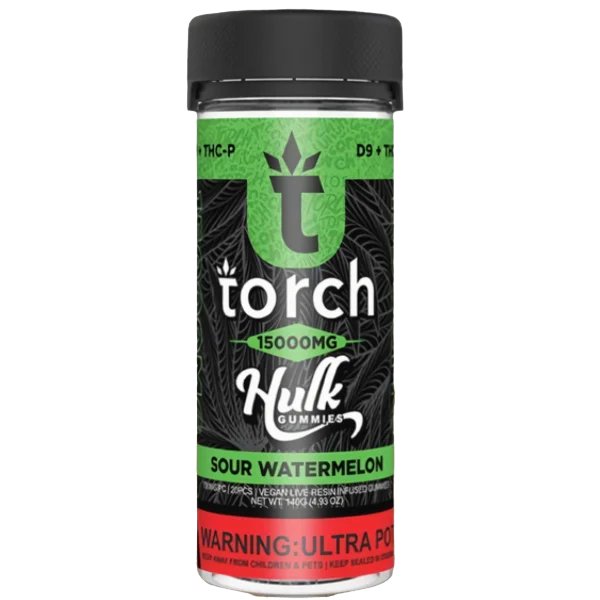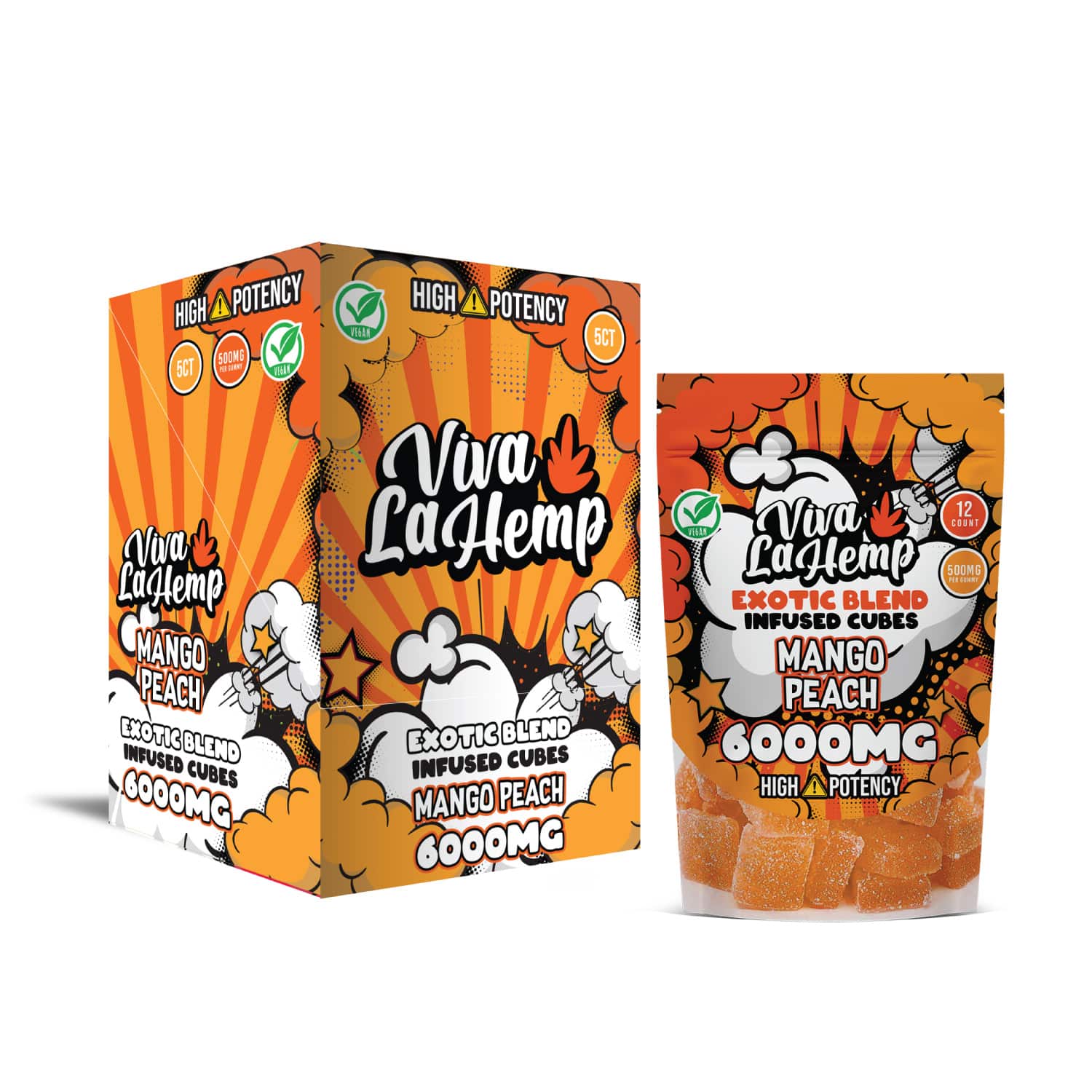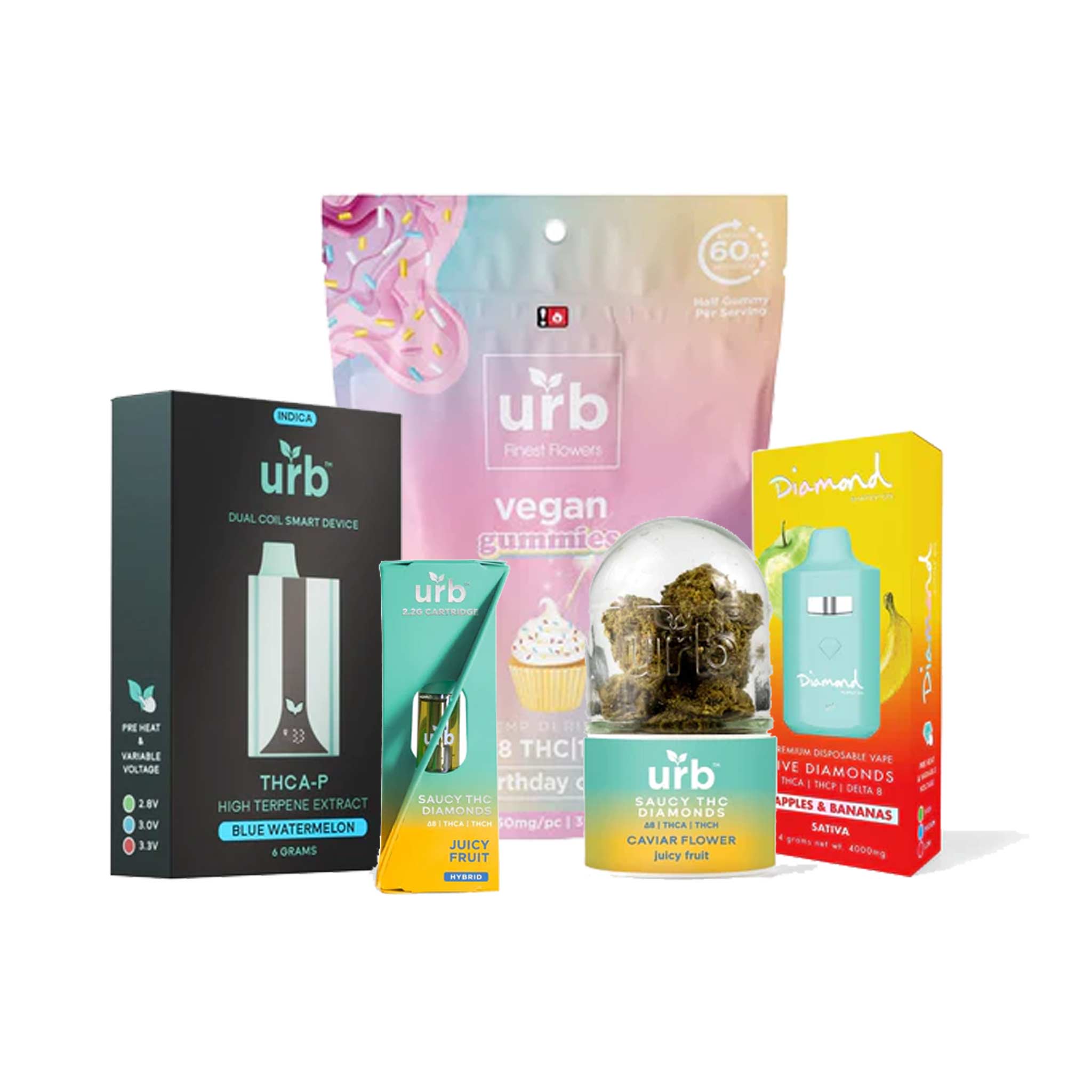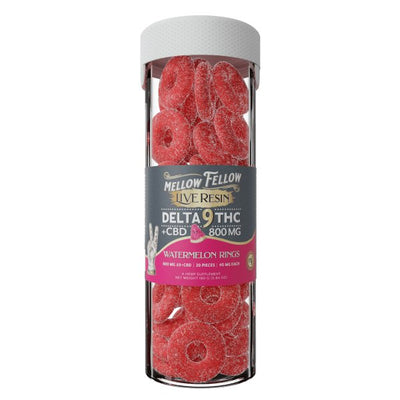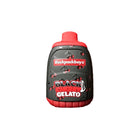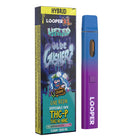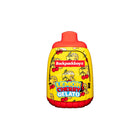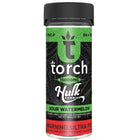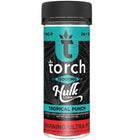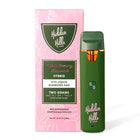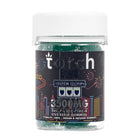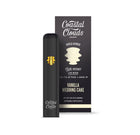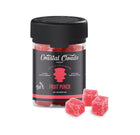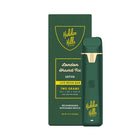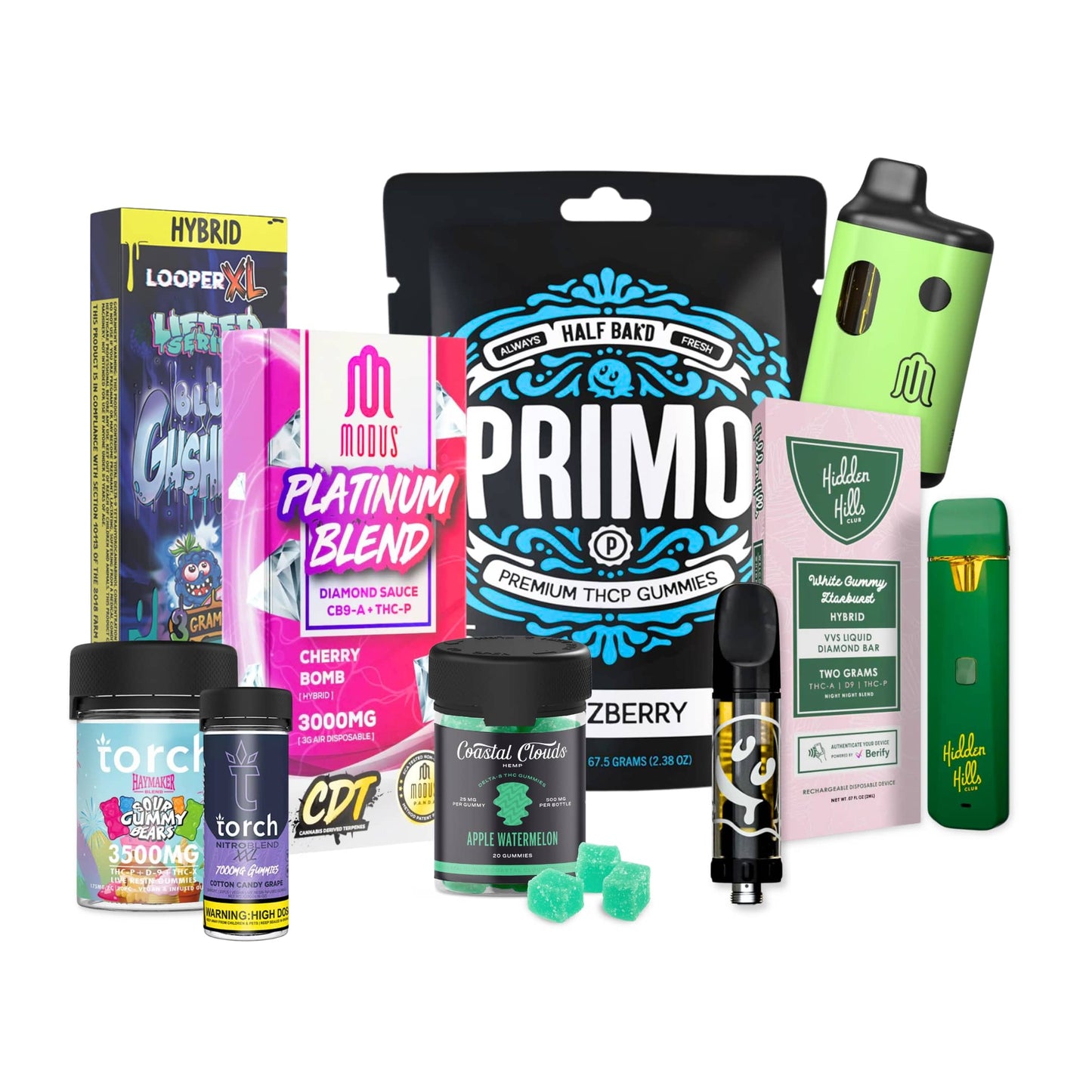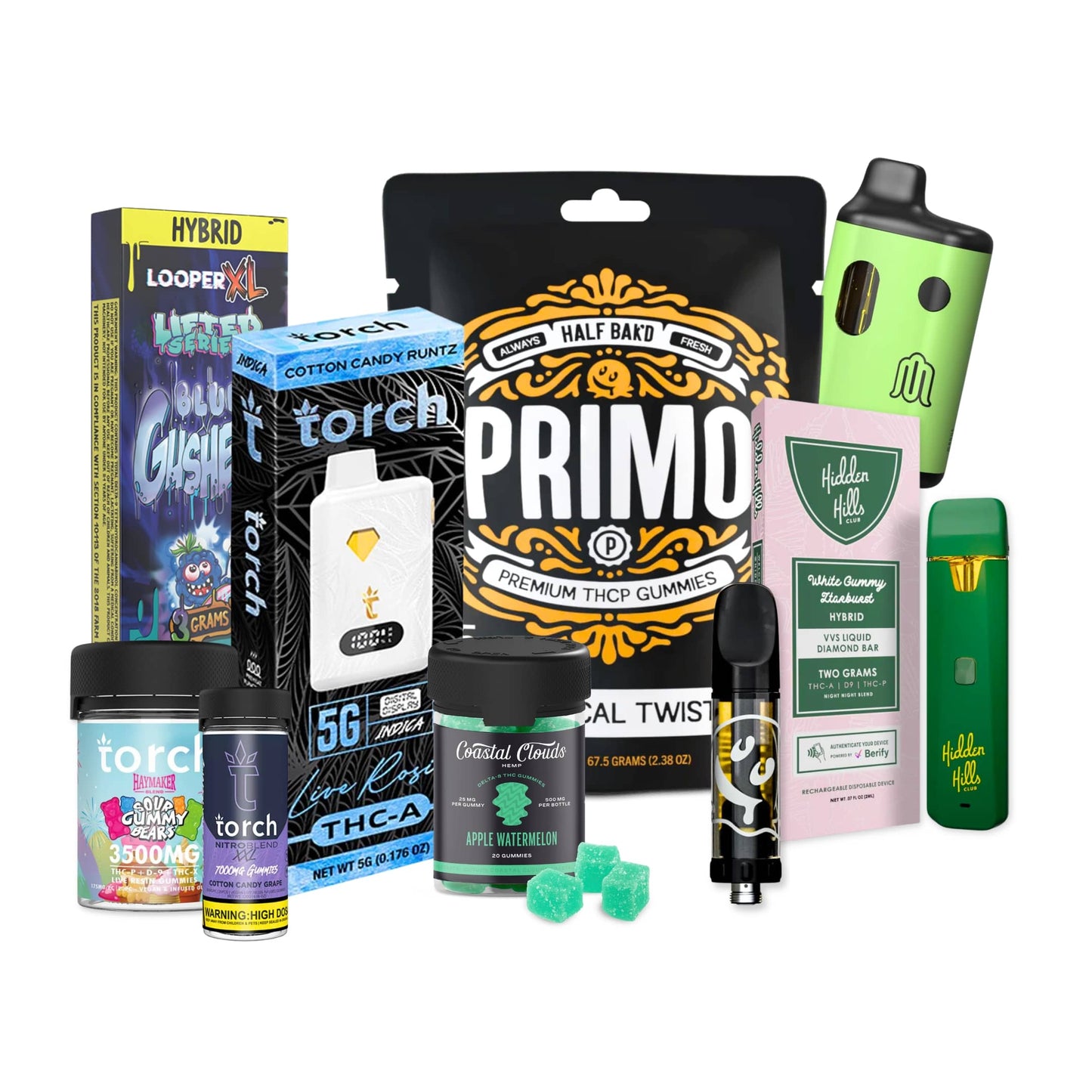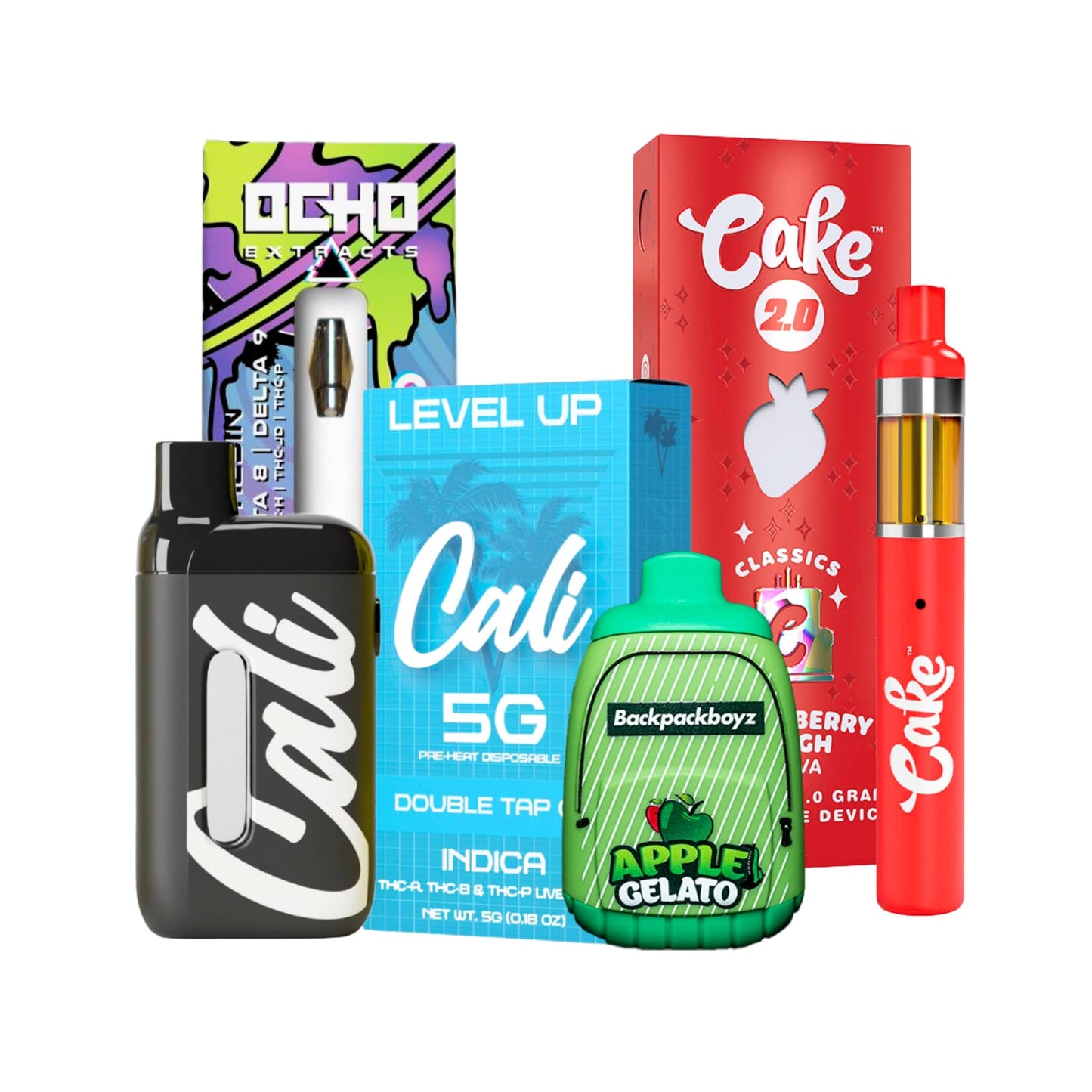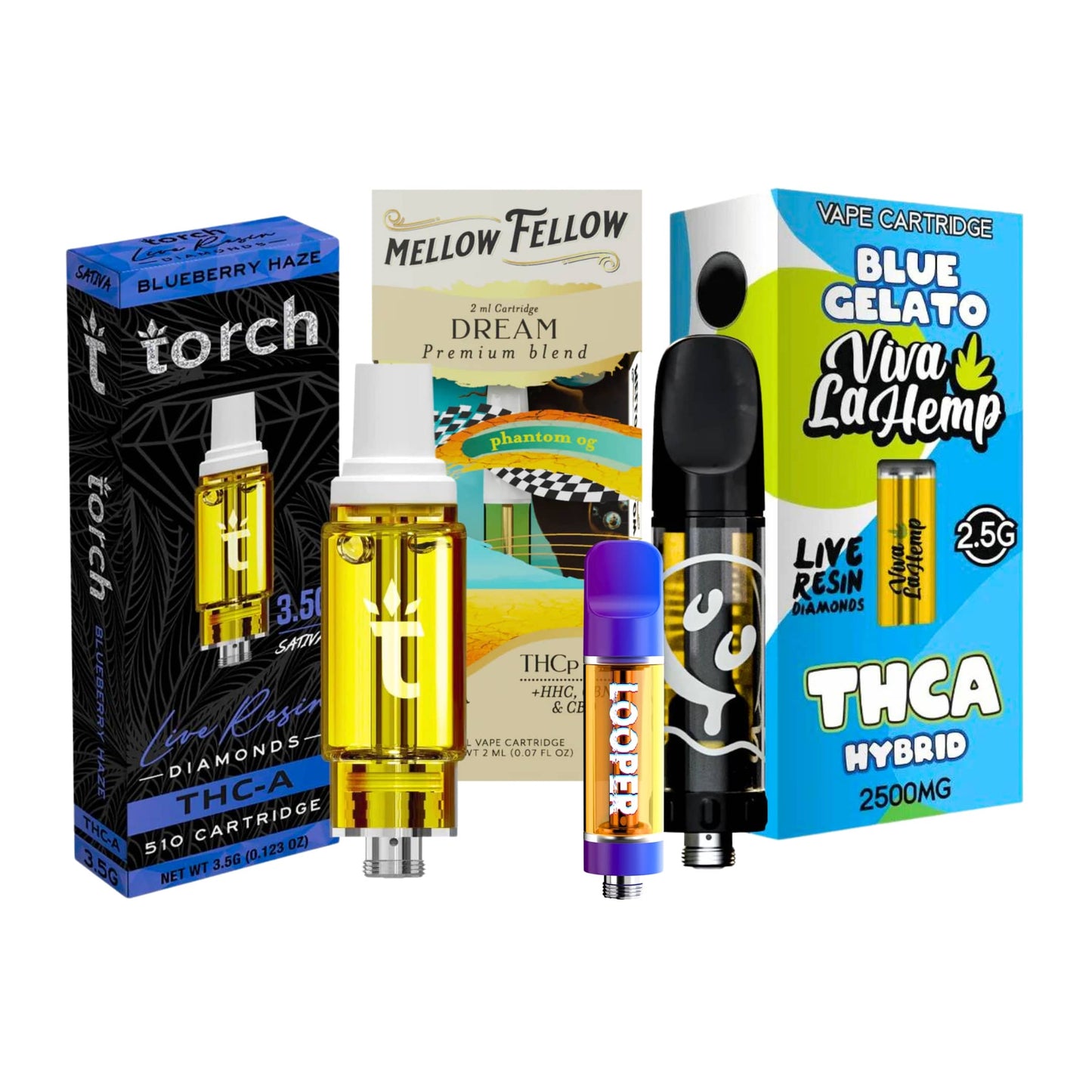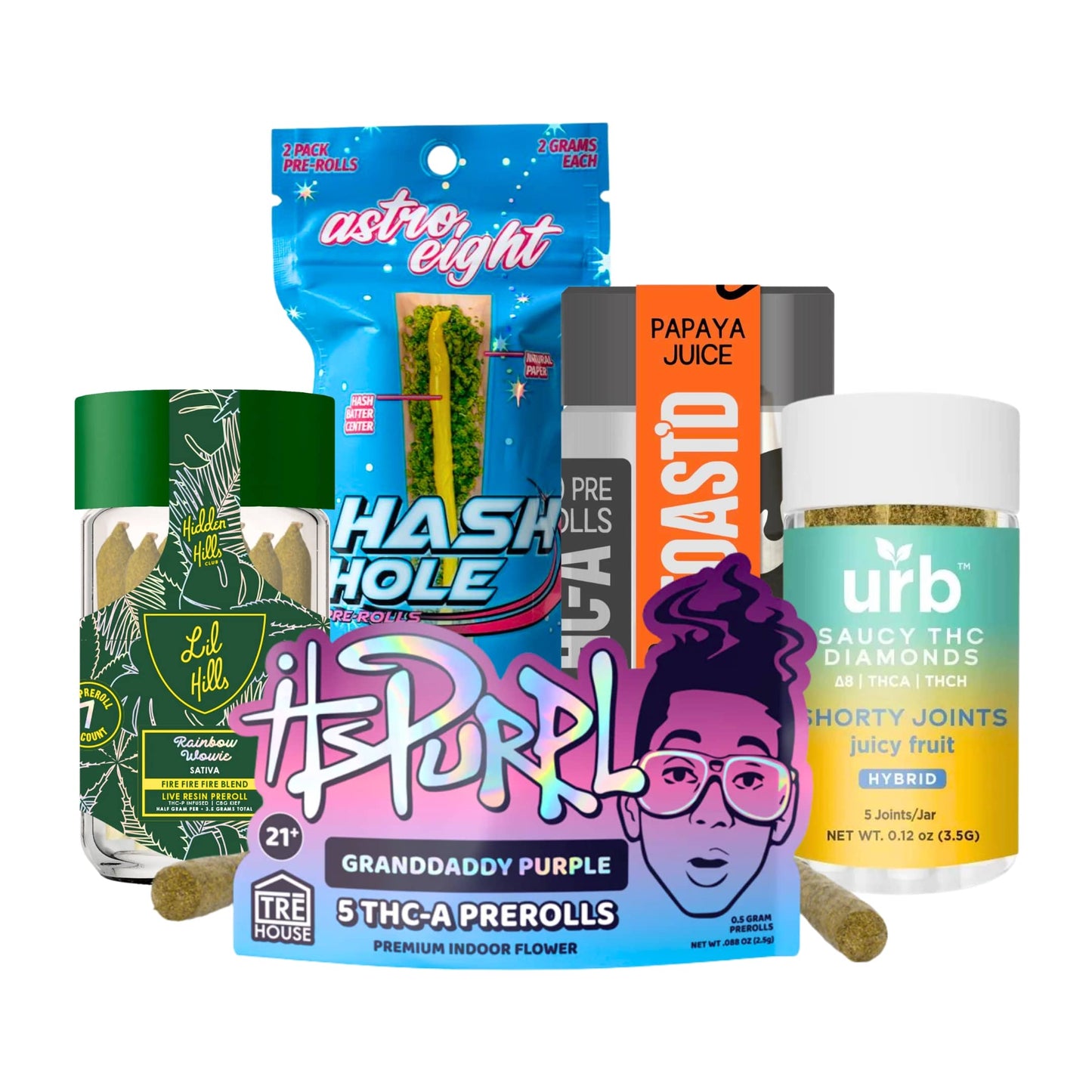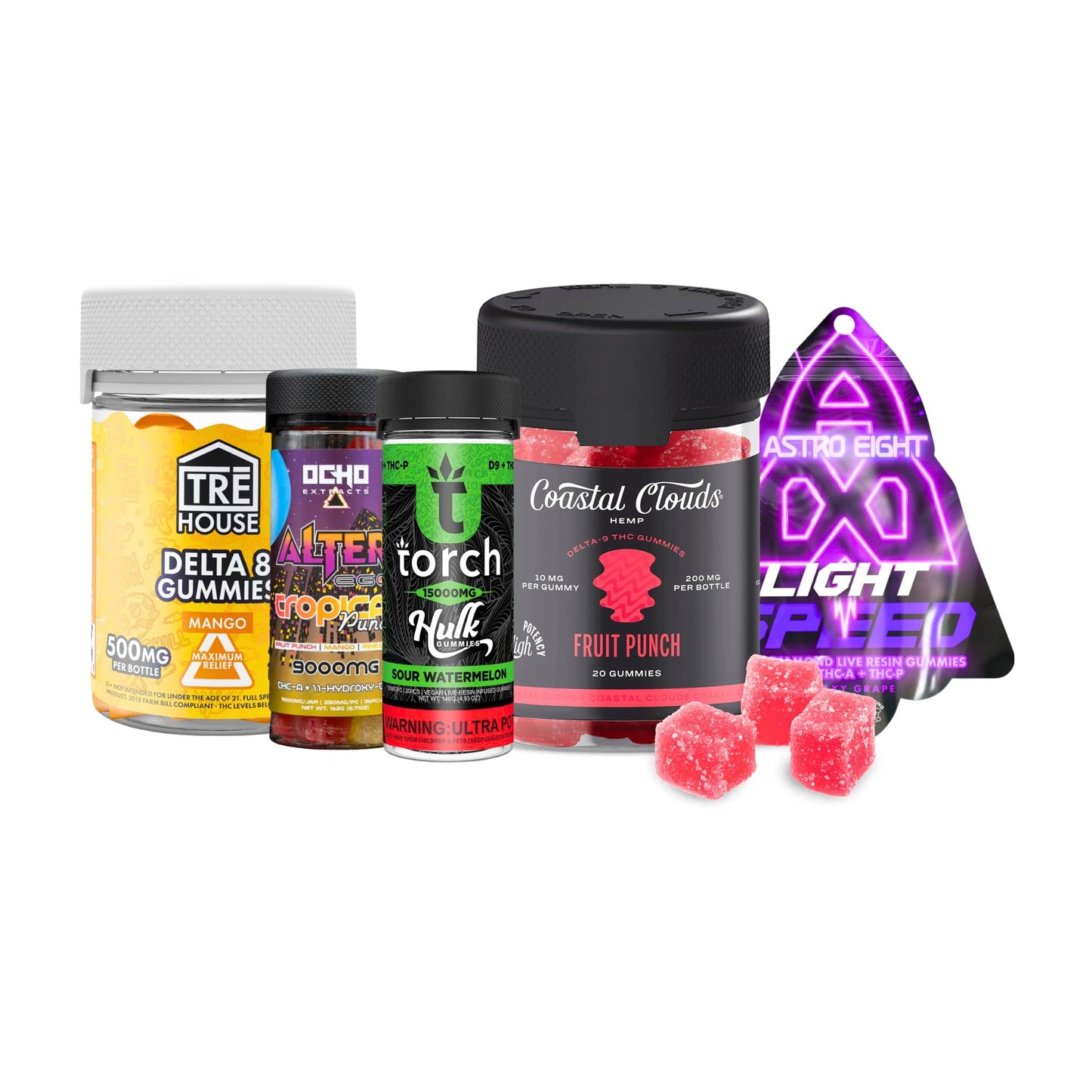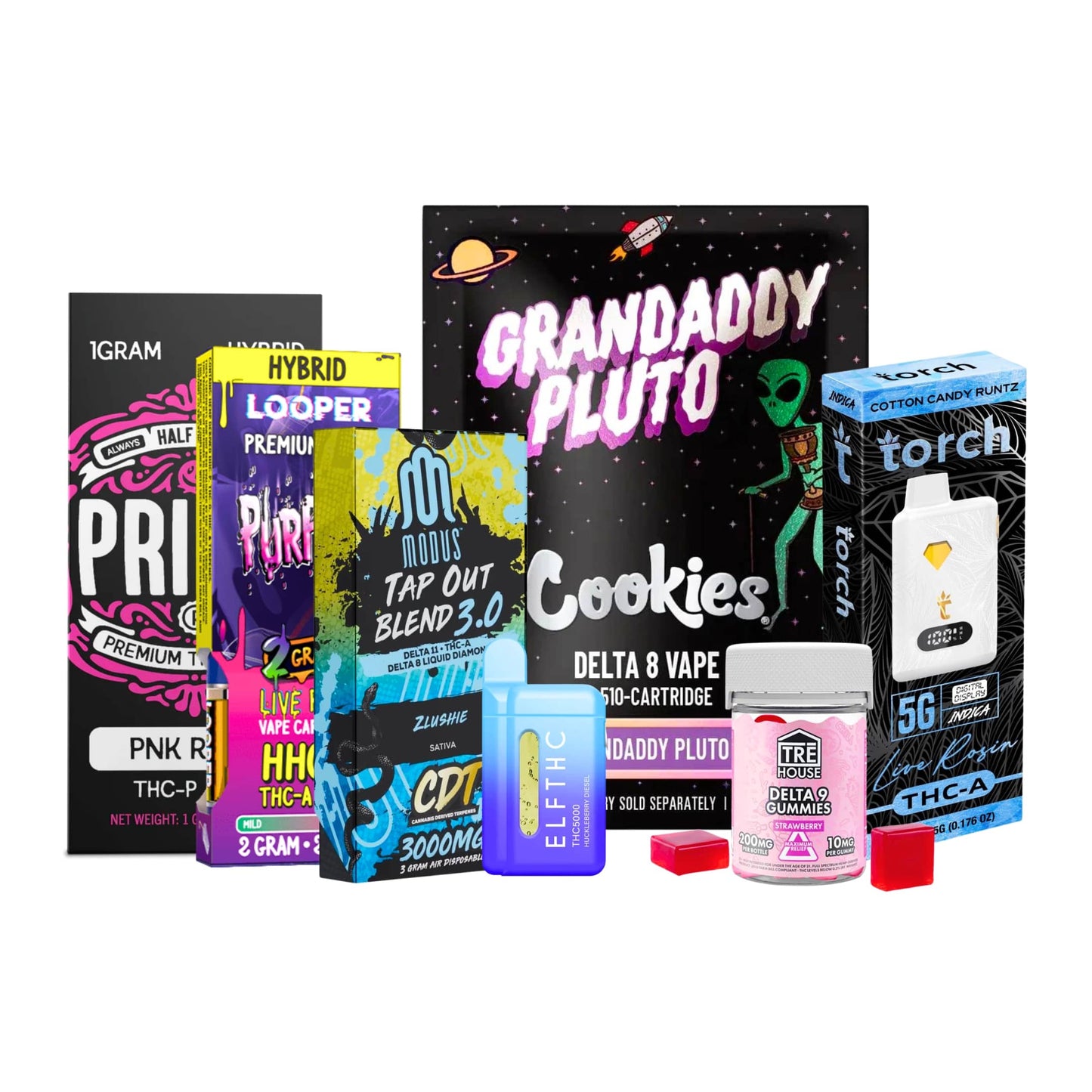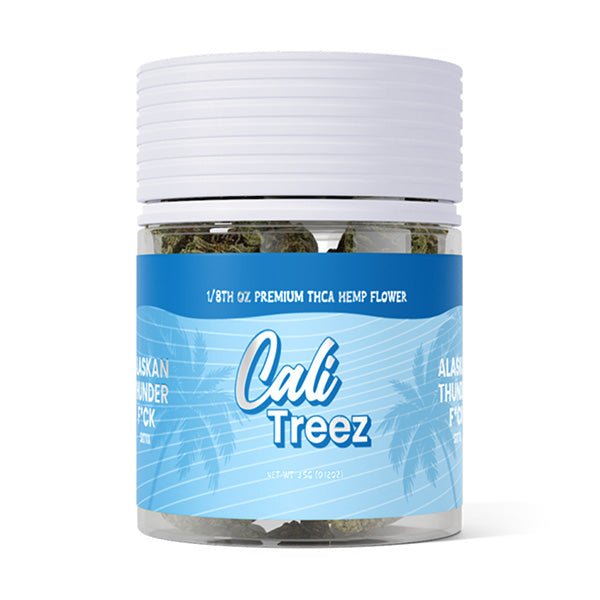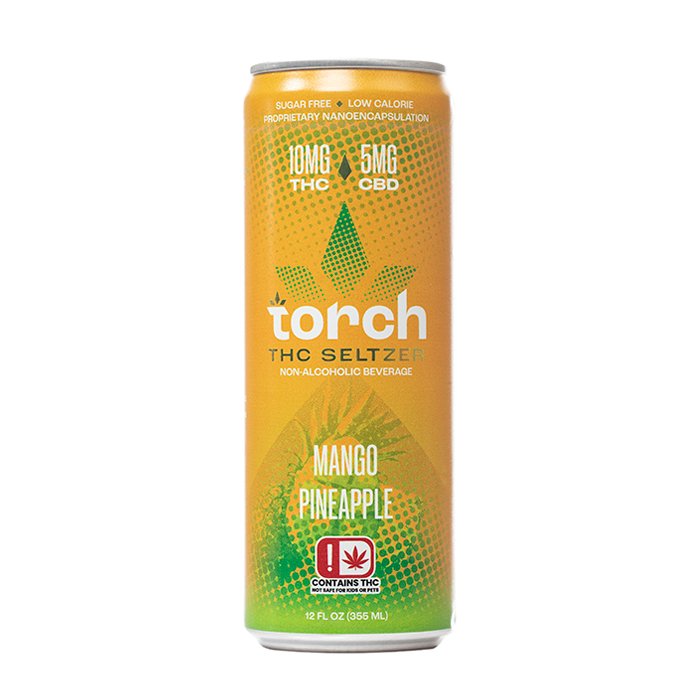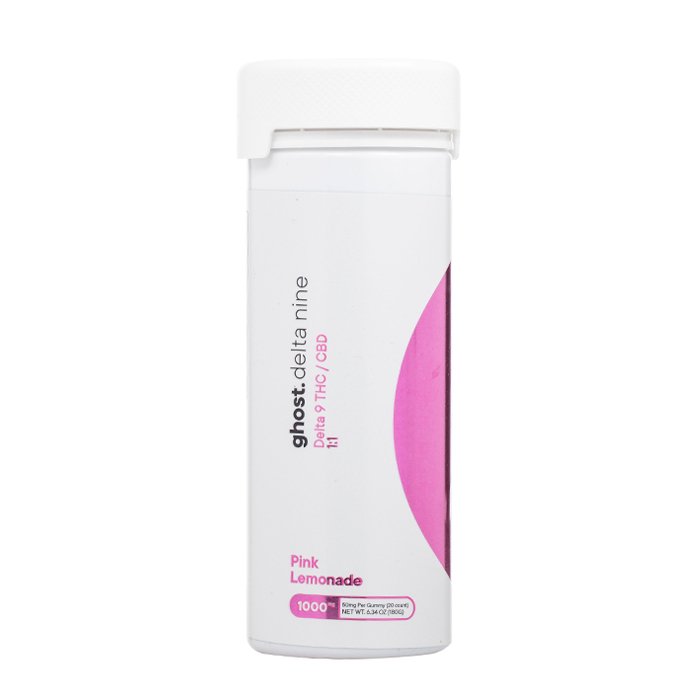Get a FREE Gummy or Vape
Sign up to get a FREE welcome vape or gummy on your first order when you buy 4 or more products.
The world of cannabinoids has become a fascinating topic for many, with products like Delta 9 offering an alternative to traditional cannabis. As a consumer, understanding the differences between Delta 9 and weed is crucial for making an informed decision about which products best suit your needs.
Whether you're interested in the potential medical benefits or the recreational effects, this guide will break down what sets Delta 9 apart from weed, and help you decide which is right for you.
===ARTICLE_CTA===
Is delta 9 the same as weed?
The short answer is no, but Delta 9 is a key component of weed (cannabis). Delta 9 is the psychoactive compound primarily responsible for the "high" many people associate with marijuana.
However, Delta 9 refers specifically to a type of THC (Tetrahydrocannabinol) that is extracted and isolated, while "weed" refers to the whole cannabis plant, which contains a variety of cannabinoids, including Delta 9 and others like CBD, CBG, and more. So while Delta 9 is present in weed, it represents just one part of the larger cannabis experience.
What is the difference between Delta 9 vs weed?
This table summarizes the key differences between Delta 9 and weed in terms of their chemical composition, effects, potency, and duration. It provides a clear comparison for readers to better understand how each option might fit their needs.
|
Delta 9 |
Weed |
|
|
Chemical composition |
Pure THC (Tetrahydrocannabinol), extracted and isolated. |
A full-spectrum cannabis plant containing Delta 9 THC, CBD, and other cannabinoids. |
|
Effects on the body |
Primarily causes euphoria, relaxation, and altered perception of time. |
Effects are a mix of Delta 9 THC and other cannabinoids, providing a more balanced experience. |
|
Potency |
More potent due to higher concentrations of THC. |
Potency varies based on the strain, with THC content typically ranging from 10-30%. |
|
Duration of effects |
Effects can last 1-3 hours when smoked or vaped, and up to 6 hours with edibles. |
Duration varies depending on the strain and method of consumption, usually similar to Delta 9 but can vary slightly. |
Delta 9: popular uses and consumption forms
Medical and recreational uses
Delta 9 THC has both recreational and medical uses. It’s widely used recreationally to produce feelings of euphoria and relaxation. For medical purposes, Delta 9 is often used to alleviate symptoms of chronic pain, nausea (especially for chemotherapy patients), and anxiety. Delta 9 is also being studied for its potential to treat conditions like PTSD, depression, and insomnia.
Forms of consumption
Delta 9 THC can be consumed in various forms, offering flexibility depending on a user’s preference. In this delta edibles dosage guide, you´ll find out.
-
Edibles
Delta 9 gummies are one of the best THC edibles and a popular form of consumption. These edibles provide a controlled and discreet way to experience the effects of Delta 9. However, they do take longer to kick in compared to smoking or vaping, as they must first be processed through the digestive system.
-
===PRODUCT_9612517867812===
-
Vapes
Vaping Delta 9 is the best THC vapes and one of the quickest ways to feel its effects. The onset is rapid, often within minutes, and the effects are potent, making it ideal for those looking for fast relief or a quick recreational experience.
Weed: common uses and consumption forms
Medical and recreational uses
Weed is used both recreationally and medicinally. Its recreational use is primarily focused on the psychoactive effects of THC, while its medicinal uses can range from managing pain to reducing inflammation, treating anxiety, and assisting with sleep disorders. The full-spectrum nature of weed makes it effective for multiple conditions, often in a more balanced way than isolated Delta 9 THC.
Forms of consumption
Weed can be consumed in various forms, including smoking, vaping, and edibles.
-
Edibles
Similar to Delta 9 gummies, weed-infused edibles are a favorite for those looking for a longer-lasting and potent experience. However, the dosing can be trickier, as it’s harder to gauge the exact amount of THC per serving without proper labeling.
-
Vapes
Weed can also be vaporized for a quicker onset, much like Delta 9 vapes. Vaporizing weed allows for more control over the temperature, and many users report a smoother experience compared to smoking.
Legality of Delta 9 vs weed
The legality of Delta 9 and weed can vary by state or country. In places where recreational or medical cannabis is legal, Delta 9 is also generally permitted. However, some states restrict Delta 9 THC to certain forms, like edibles, tinctures, or vapes, for example, the delta 9 legality in Texas is something to look out for.
===KLA===
Pros and cons of Delta 9 vs weed
Pros of Delta 9
-
Precise dosage control
-
Fast onset (when vaped or smoked)
-
Potent effects in a concentrated form
Cons of Delta 9
-
Stronger psychoactive effects, which may not be ideal for all users
-
Can cause anxiety or paranoia in some individuals
-
Legality can be complex depending on the region
Pros of Weed
-
Full-spectrum effects, providing a balanced experience
-
Multiple cannabinoids and terpenes contribute to unique experiences
-
Available in many consumption methods
Cons of Weed
-
Effects can vary significantly by strain
-
Harder to control dosage compared to isolated Delta 9 products
-
Smoking weed may not be ideal for health-conscious users
Delta 9 vs weed: which one is right for you?
When deciding between Delta 9 or weed, it comes down to your personal preferences and goals. If you're looking for precise dosing, quick effects, or a potent high, Delta 9 might be your best bet. On the other hand, if you're seeking a more balanced and full-spectrum experience, weed might offer a better fit. Both options have medical and recreational uses, but it’s important to choose based on your tolerance, desired effects, and legal considerations in your area.


